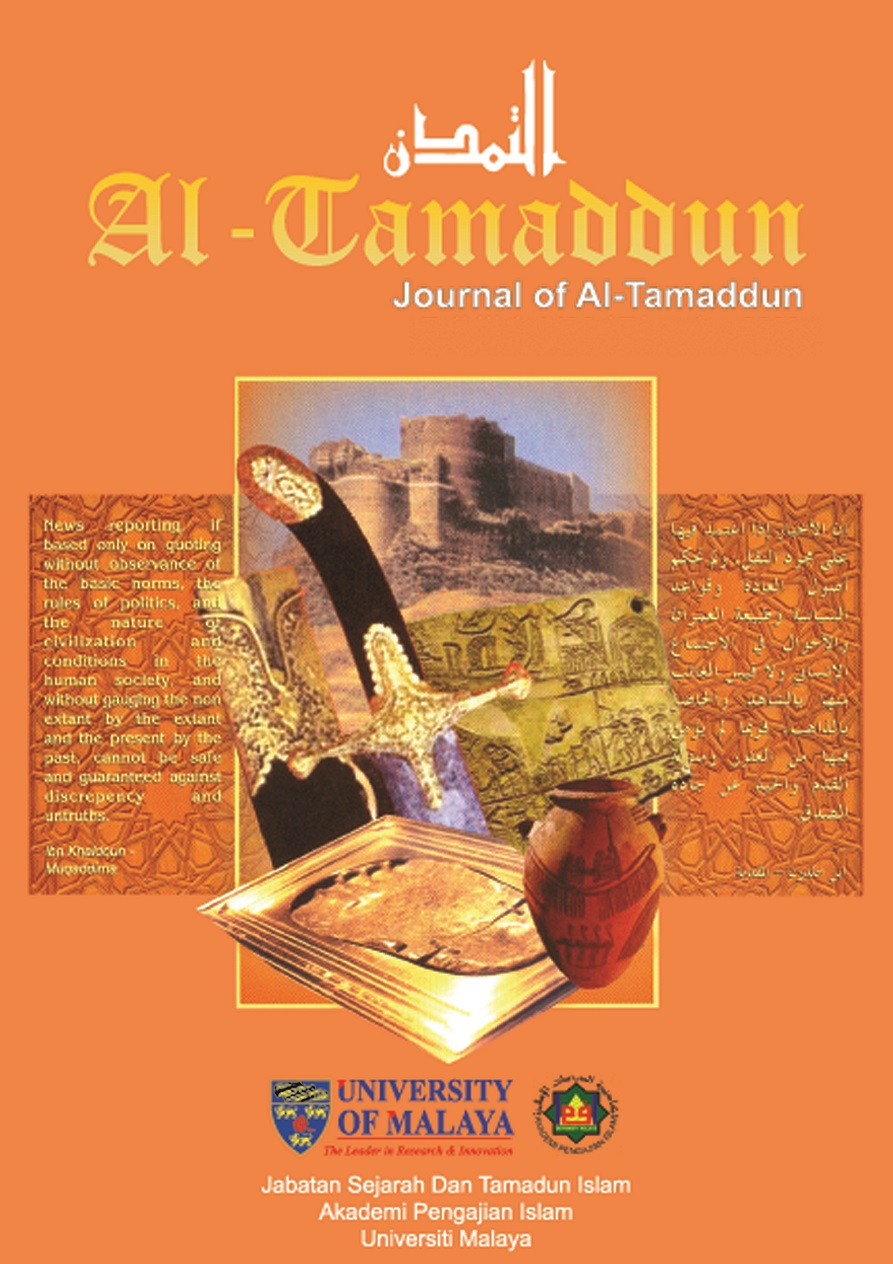DISCOURSE ON THE BIBLE COMPILATION FRAMEWORK TIMELINE: A RELATION WITH THE DEVELOPMENT OF ISLAMIC SOURCES
DOI:
https://doi.org/10.22452/JAT.vol13no1.8Keywords:
Commentaries, Scriptures, Timeline, Interpretation, epistemologyAbstract
There were several attempts by some Jews and Christians to explain how the biblical authors insisted that God dictated the text to Moses. However, later the intellectual journey looks at Bible with commentaries which began at 2nd century in Palestine when the interpretation done in classical commentaries in Aramaic then in Hebrew. However, in 20th century the impact of Orientalist` commentaries pointed out the first chapter of Genesis did not describe a literary sequence. In fact, the commentaries of different centuries from different countries having testimony to the common ground of understanding between them and this process is still not ending until now. According to Avigdor Bonchek the pseudo interpretation is a result of lacking in depth of understanding on the rules of interpretation. The interpretation must work from the original Hebrew; therefore, he believes that the interpretation does not delve further into the understanding of the original source. However, this is typical ‘escapism’ of the literary sources. The major problem is not the translation of the Bible itself but the interpretation of sources referred. Thus, the paper focuses on some deviations of information in the scriptures either Old Testament or New Testament of the Bible with a reflection on the Islamic sources such as the compilation of Quran and Hadith. Then, an analytical and critical study are made to present a methodological approach in the writing of this paper to provide a manifestation of the reflection that some ideas of the verses in the Bible might have been transferred from Islamic sources such as the Quran.
Downloads
Additional Files
Published
How to Cite
Issue
Section
License
Copyright (c) 2018 Journal of Al-Tamaddun

This work is licensed under a Creative Commons Attribution-NonCommercial 4.0 International License.
By submitting manuscripts to the Journal of Al-Tamaddun, authors agree to transfer copyright to the journal. However, authors may republish their work or grant others permission to republish it; in which case it should be accompanied by a proper acknowledgment that the work was originally published in the Journal of Al-Tamaddun. The journal adopt CC-BY-NC licence which authors may also share and distribute their article anywhere of non-commercial website, social media and repositories immediately on publication.
Authors may also reuse the Abstract and Citation information (e.g. Title, Author name, Publication dates) of their article anywhere at any time including social media such as Facebook, blogs and Twitter, providing that where possible a link is included back to the article on the journal site.










